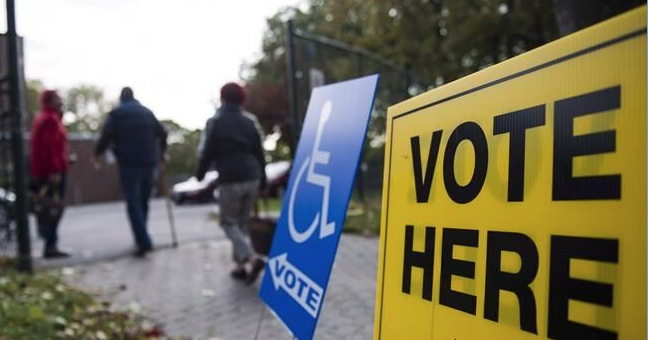Many of the names will be different but there will be a familiarity to the order in which candidates are listed on ballots given to Kelowna voters this fall.
The names will be listed alphabetically, an arrangement that some academic studies suggest tends to favor people with surnames that begin with letters closer to A than Z.
Although the Local Government Act gives municipalities the choice between alphabetized or randomly-generated ballots, Kelowna and most cities have long used only the former type of ballots. There’s been no recent discussion among councillors about changing the make-up of the ballots, city clerk Stephen Fleming says.
“There’s pros and cons to each way of ordering names on the ballots,” Fleming said Tuesday in an interview.
“The argument against a randomly ordered ballot is that voters might have trouble finding the name of the candidate they want to vote for, particularly if there’s a lot of people running,” Fleming said.
About 60 people picked up nomination papers for a council run although the actual number of candidates won’t be known until Friday, which is the deadline for completed packages to be returned to City Hall. The record number of council candidates was 46, in 2011.
Fleming believes most voters turn out on Election Day knowing which councillor candidates they want to support, and mark an X for a full group of eight or a lesser number (there is no requirement to vote for eight and in fact doing so lessens the chance your particularly favored candidates will win).
An alphabetized ballot makes it easier for voters to quickly find their preferred candidates’ names, and it might also lessen the chance a voter makes a stray mark that gives a vote to someone else.
On the other hand, some studies suggest that alphabetized ballots do confer an advantage on some candidates. “I find that states that alphabetically order ballots disproportionately elect candidates with early alphabet surnames,” researcher Barry C. Edwards wrote in an article published in the State Politics and Policy Quarterly, a US scholarly journal, in 2015.
But the idea that significant numbers of voters would simply check off the higher-up names could also be seen as counter-intuitive, as it is likely that citizens who care so little about the outcome of an election would not bother going to a polling station in the first place, Fleming says.
Decades ago, municipal elections in BC were held every year, with candidates elected for two-year terms. Half the council would be up for re-election every year, the theory being that it was good to have a council made up of people with experience as well as newcomers.
Three-year terms were instituted in the late ’80s with a switch to four-year terms taking effect in 2014.
A review of past Kelowna election results yields nothing definitive in terms of election outcomes based on surnames. In 2005, for example, Sharon SHEPHERD easily defeated incumbent mayor Walter GRAY, but he defeated her in 2011.
And, for the record, by far the highest number of votes ever won by a council candidate – 18,857 – was in 2011. The candidate’s name was Gerry ZIMMERMANN.










